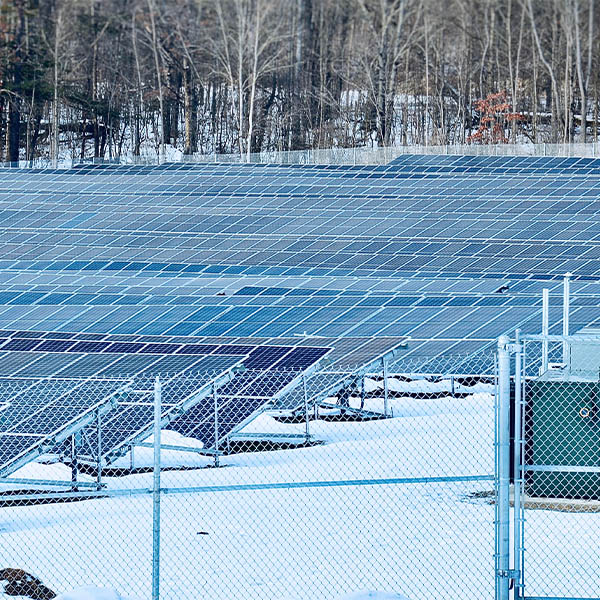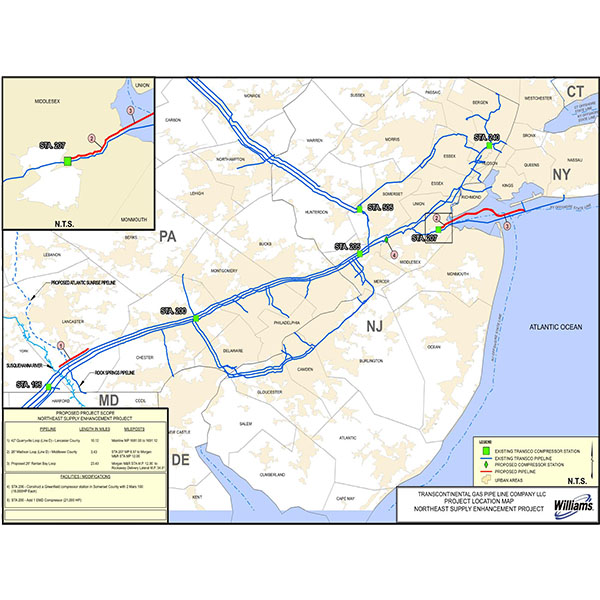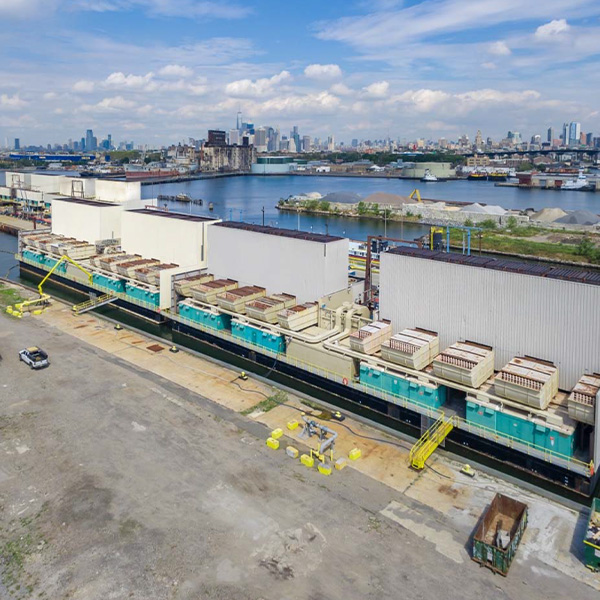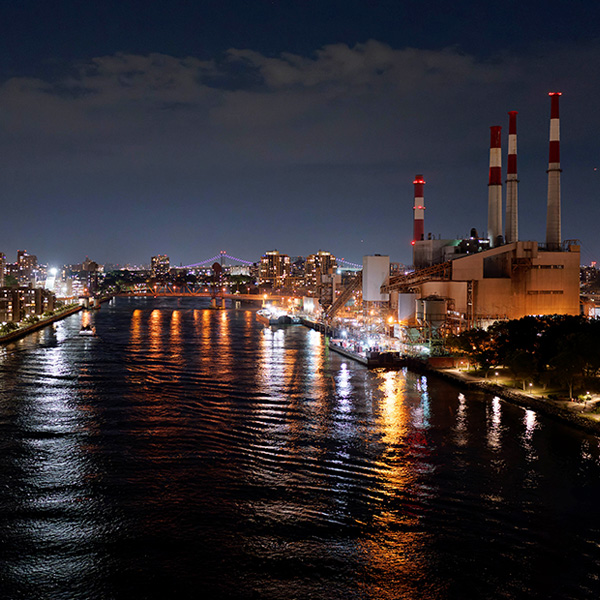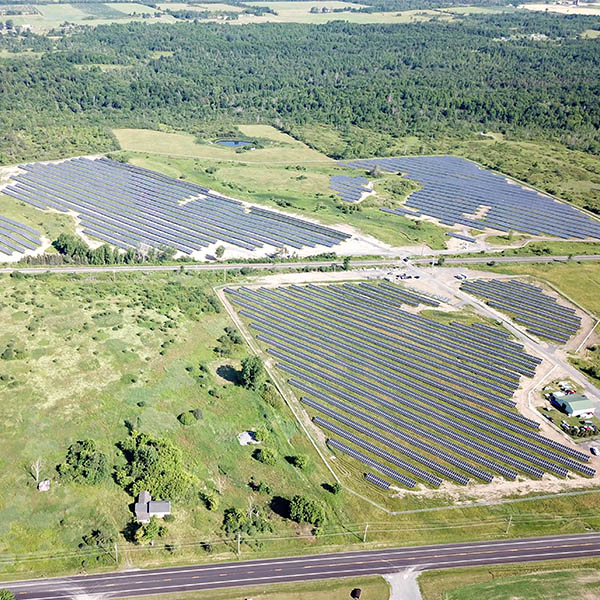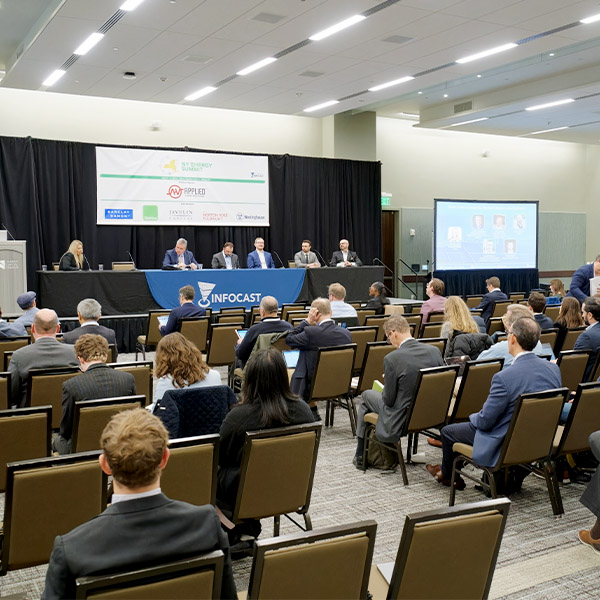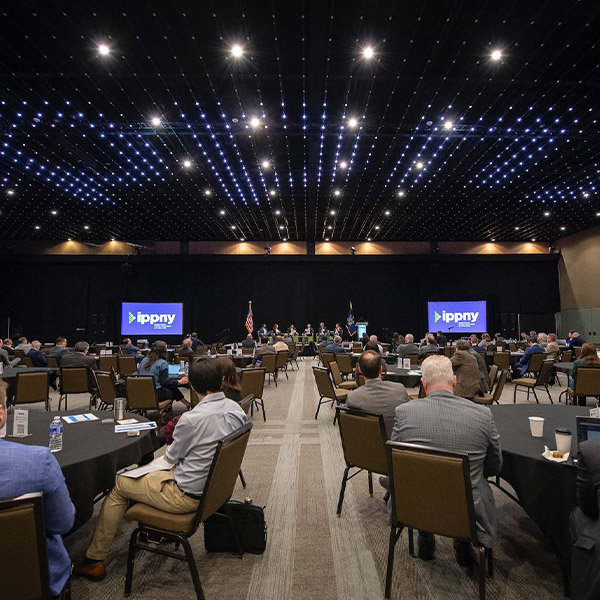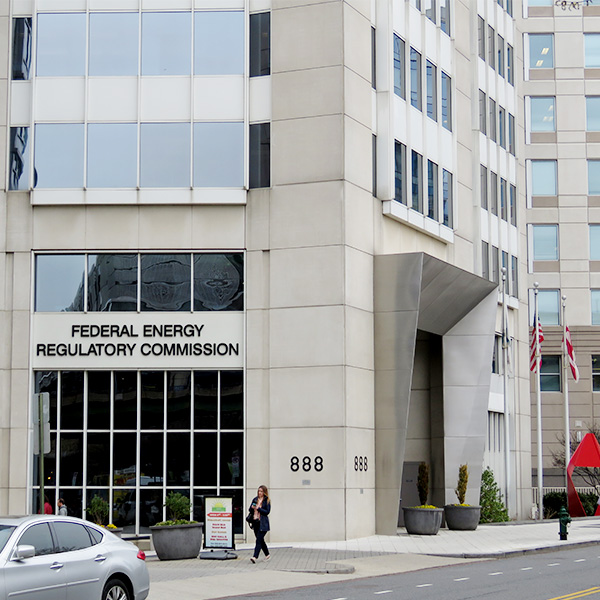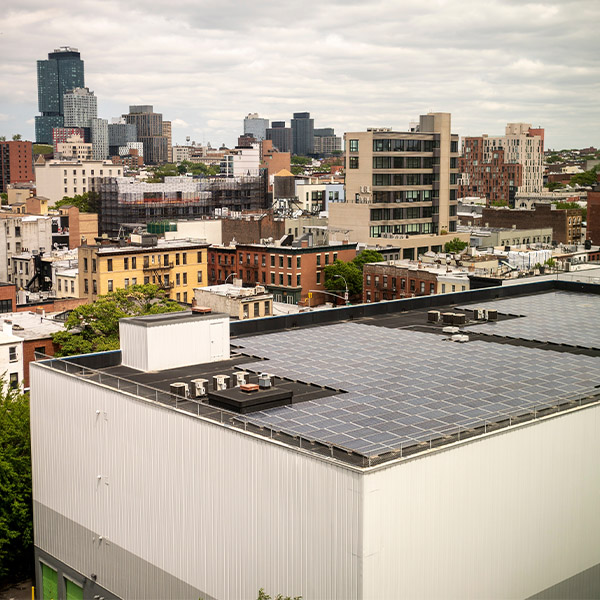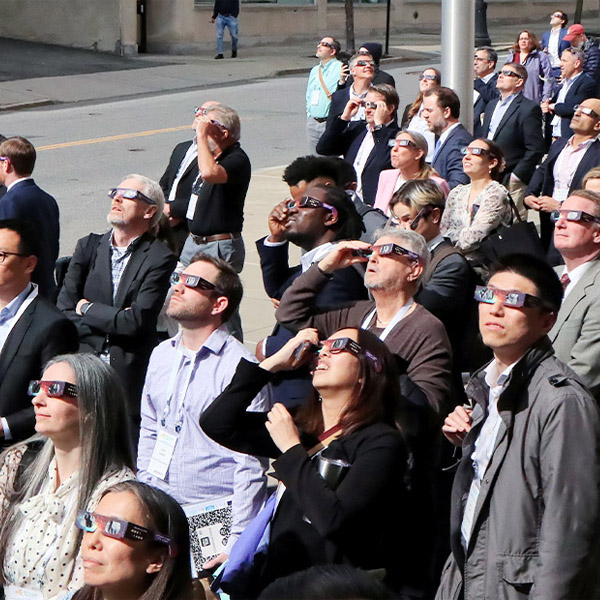Independent Power Producers of New York (IPPNY)
The newest iteration of New York’s energy road map maintains a zero-emission grid as a target but acknowledges an uncertain path to that goal, and likely a longer reliance on fossil fuels.
After multiple denials, the Northeast Supply Enhancement pipeline obtained environmental permits from New York and New Jersey in an apparent victory for the Trump administration.
Amid increasing demand and dwindling supply, repowering aging fossil plants would help maintain reliability while still lowering emissions in line with New York’s climate change policy goals, NYISO argues in its annual “Power Trends” report.
NYISO asked developers to tell the ISO about any dispatchable generation projects that have not yet been submitted to the interconnection queue by June 13.
New York is tweaking its approach to clean energy development as it works to get its lagging decarbonization efforts back on track.
State officials speaking at the New York Energy Summit acknowledged the uncertainty facing everyone in the room but said it has not changed the state's clean-energy vision.
NYISO stakeholders heard about the tension between public policy pushes for zero-emission generation, the aging grid, increasing customer costs and concerns about winter peaking.
FERC approved NYISO’s proposed tariff revisions to more accurately accredit natural gas resources’ capacity, but the commission delayed their implementation until 2026.
The architects of New York’s clean energy transition are predicting the state will fall short of its 70%-by-2030 renewable energy target, perhaps far short, and are suggesting ways to catch up in the early 2030s.
Industry speakers at the 2024 New York Energy Summit told attendees the state has already missed its goal of 70% renewable energy by 2030 even as state officials maintained their optimism.
Want more? Advanced Search
